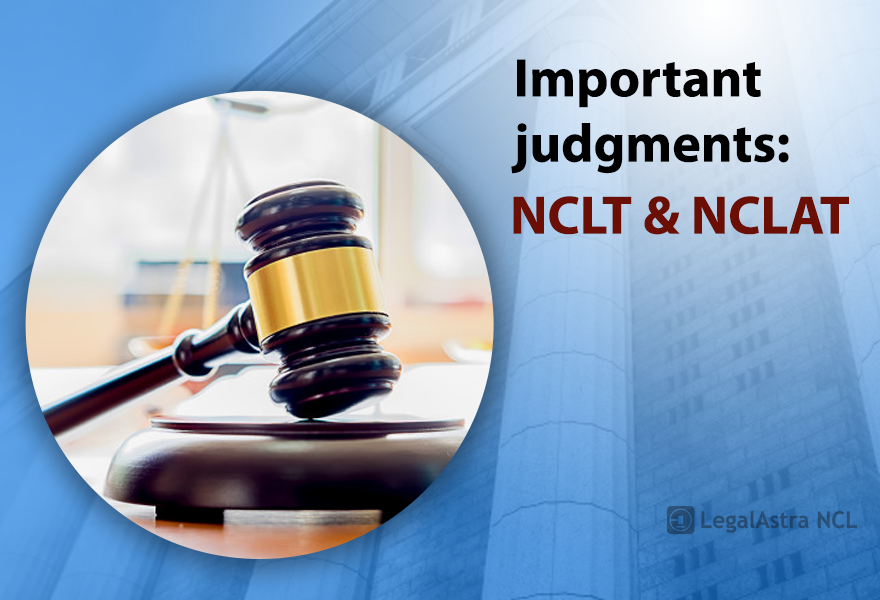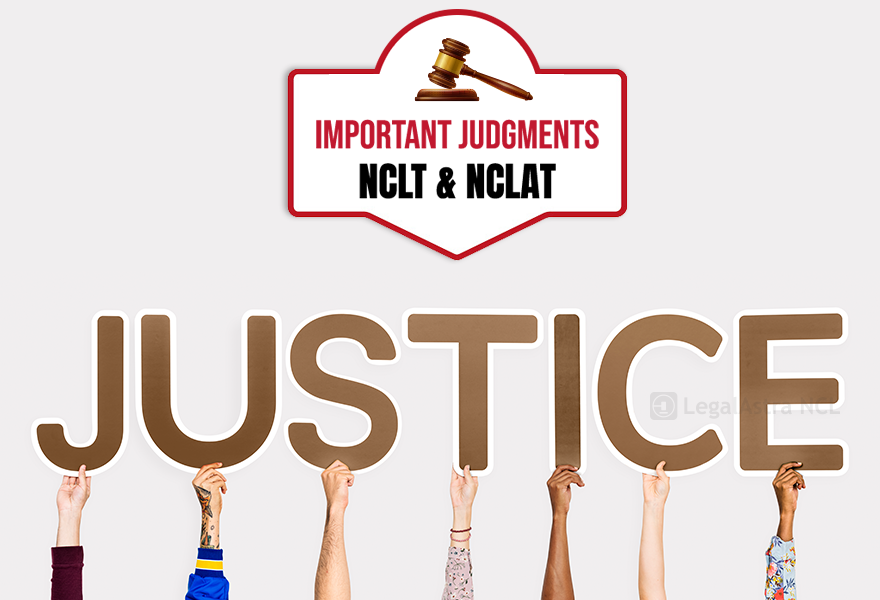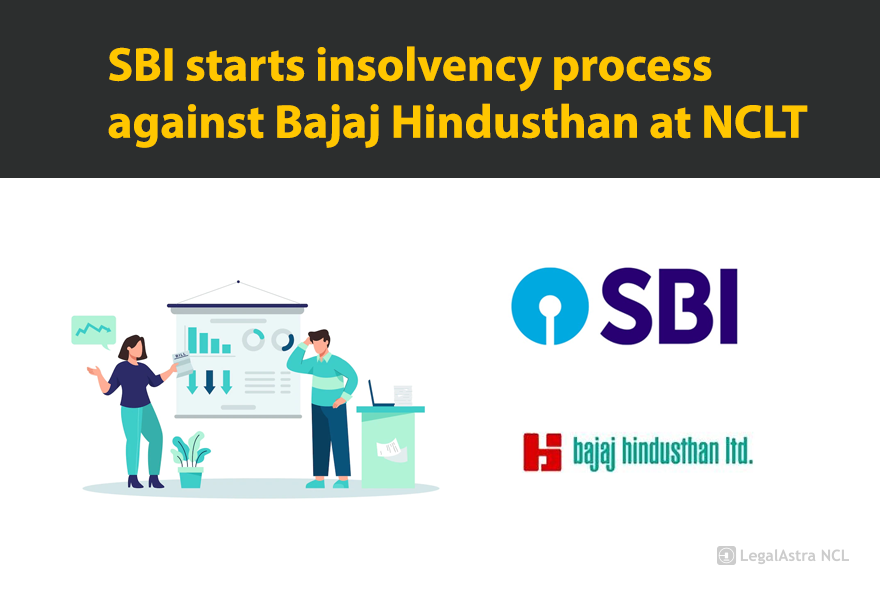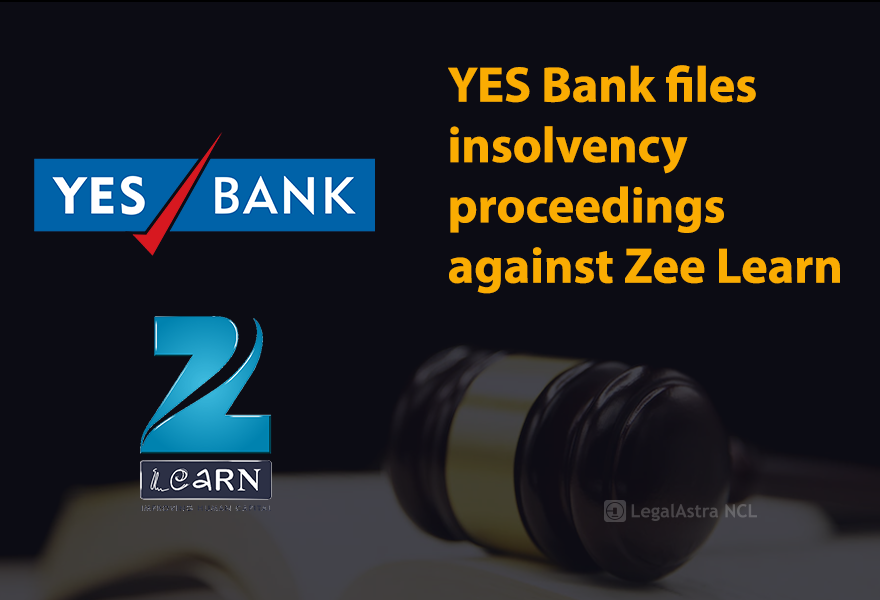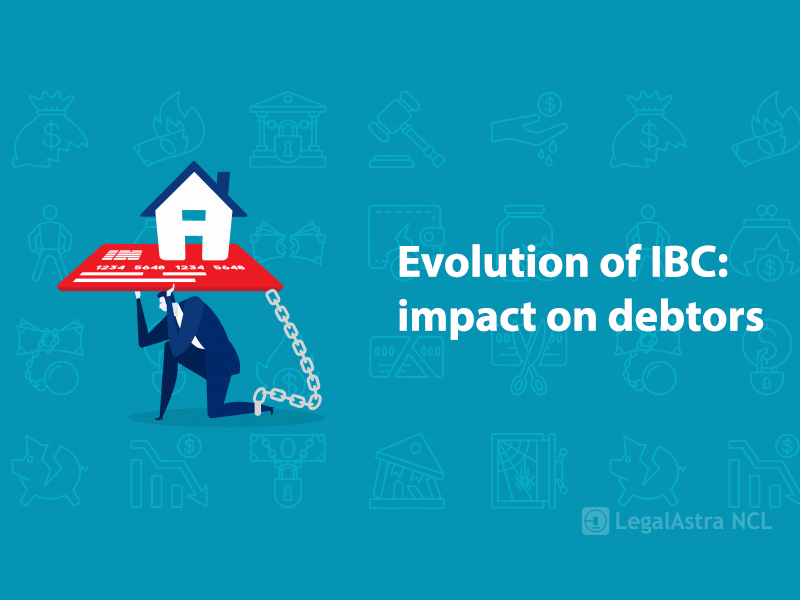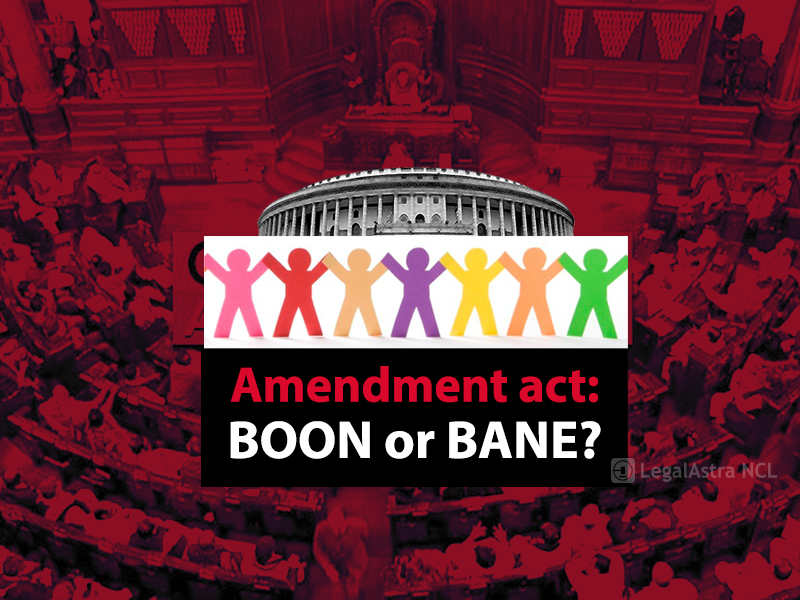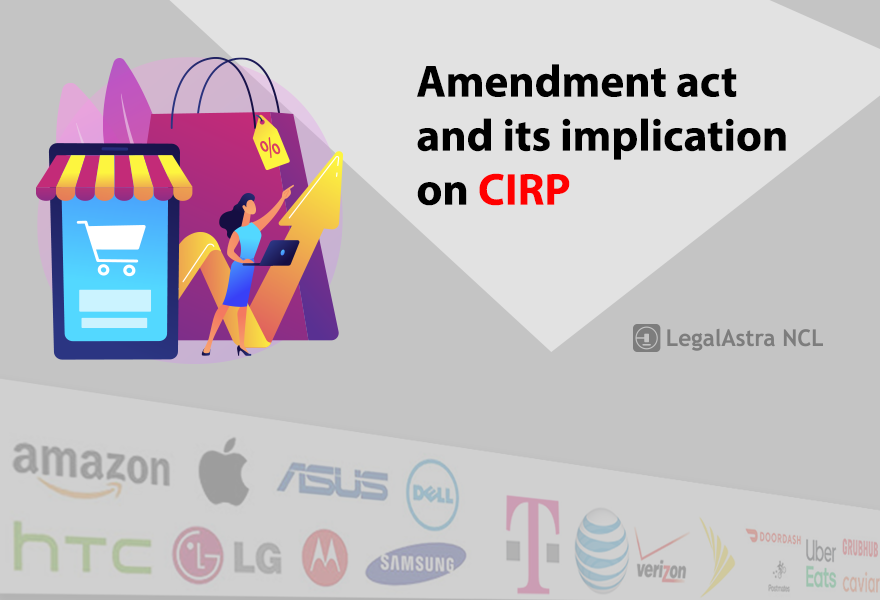Private sector lender Axis Bank has taken a significant step by filing a petition under Section 7 of the Insolvency and Bankruptcy Code (IBC) against education services provider Zee Learn. The move aims to instigate Corporate Insolvency Resolution Process (CIRP) for Zee Learn, marking another development in the company’s financial struggles. Zee Learn confirmed receiving a notice from the Mumbai
